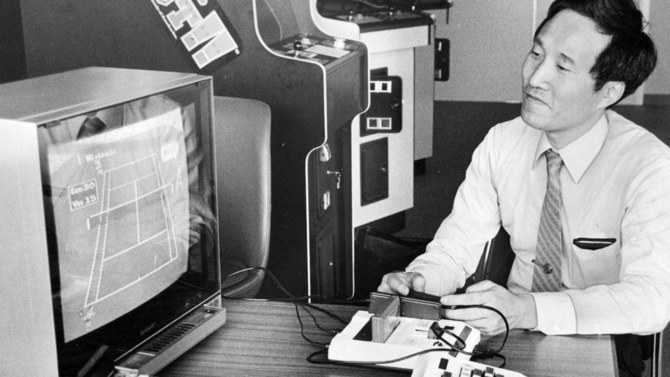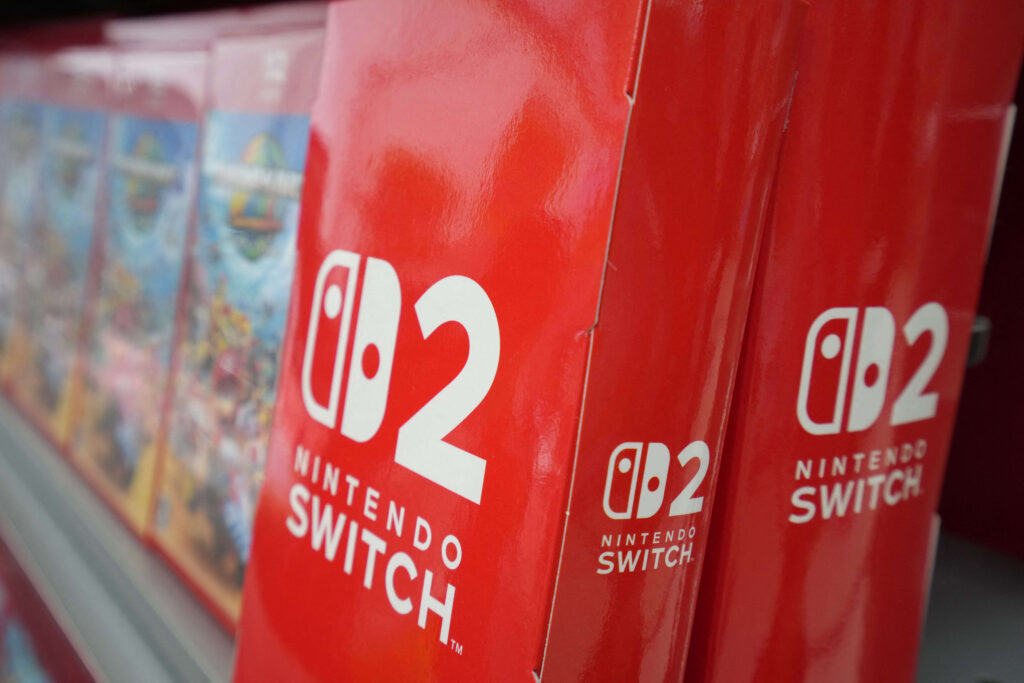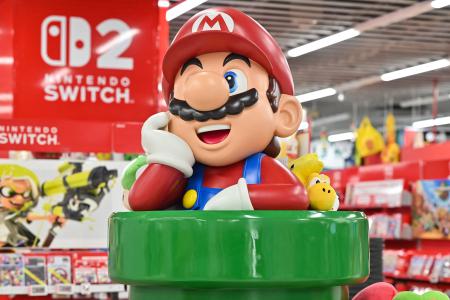JEDDAH: Saudi video game fans have been taking a virtual stroll down memory lane this week in the company of old friends such as Mario and Zelda, and recalling cherished childhood memories and experiences.
Their reminiscences were prompted by the death of the man credited with the success of Nintendo’s earliest consoles and games. Masayuki Uemura, the pioneering project engineer who played a revolutionary role in the fledgling industry and helped shape way we play games to this day, died on Dec. 6 at the age of 78.
In the early 1980s, he changed the way games were played, helping to move them out of the arcades and into the home. In response to a request from Hiroshi Yamauchi, the president of Nintendo at the time, to create a video game console that would allow people to play arcade-quality games on their TV, Uemura began working on what would become the Famicom, short for Family Computer. It was released in Japan in 1983, and a redesigned version, called the Nintendo Entertainment System, or NES, went on sale in the US and other countries a couple of years later. Uemura also led the development of the console’s successor, the Super Nintendo Entertainment System, or SNES.
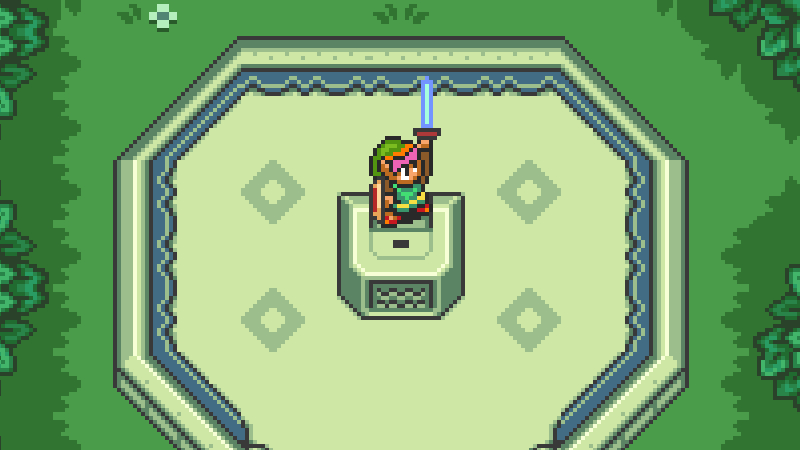
While video game technology has advanced in leaps and bounds since then, modern-day gamers have Uemura to thank for an immeasurable contribution to gaming, the influence and legacy of which can still be seen.
Home video games really began to grow in popularity around the world with the release of the NES, and Saudi Arabia was no exception. In the late 1980s and early 90s, weekends in Saudi Arabia were mainly filled with family gatherings. When relatives arrived for the weekly family lunch, the younger ones would race to kids’ room get the seat closest to the old-style box television.
We all remember how as children we would wait for our parents to retrieve the video game console from the top shelf of the closet. We had waited all week for this moment, in great anticipation. Wiping the dust from the box, we would carefully remove the square, gray console, connect the wires to the TV, unwind the controllers, blow on the game cartridge’s connector to ensure there was no dust that could cause a glitch in the game (or so we believed), and then play a game of the decidedly low-tech rock-paper-scissors to see who would get the first shot of the console.
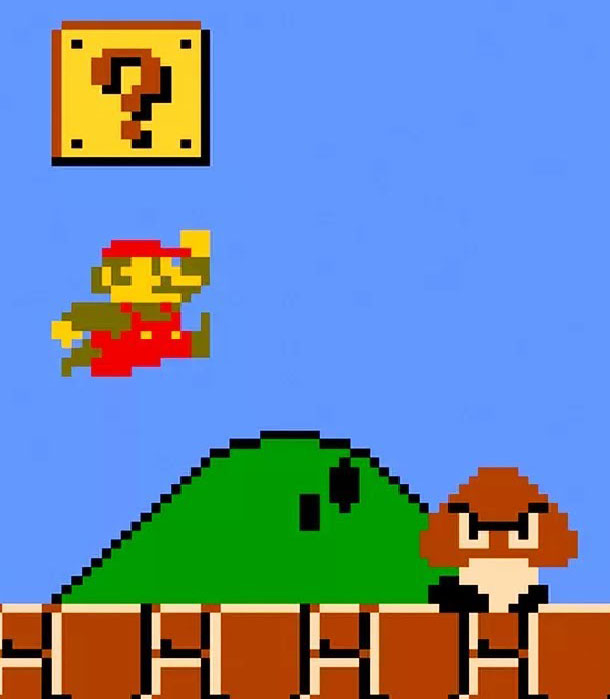
The first player would constantly get hassled. Nevertheless, the buzz in the air got us all excited and we were always glued to the screen to see how they would move past a tricky level and try to win the game. Or not. As one colleague would say, “Those were the golden years.”
Many of the games we played back then achieved legendary status: Super Mario Bros., The Legend of Zelda, Castlevania, Tetris, Megaman, Punch-Out, Contra, Metroid, and Duck Hunt which gave players the chance to use a light gun to shoot virtual ducks flushed out by a faithful dog. These epic games were just some of the favorites among Saudis.
Mohammed A. Zain, a 29-year-old engineer and avid gamer from Jeddah, said he got his first look at a Nintendo console in 1995 or ’96 when he was four or five years old. He remembers the foam protective packaging and recalls that the first games he played included Super Mario Land, Tetris.
“I bought almost every Nintendo console after 1996 and it was all due to Pokemon Yellow, which was released on Game Boy,” he told Arab News. “You’re bringing me a great sense of nostalgia right now.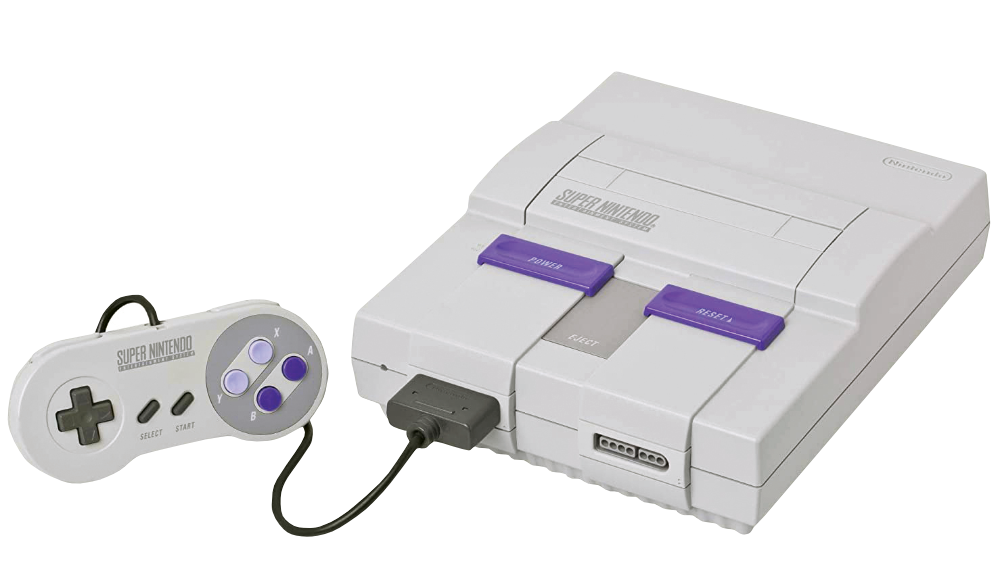
“What makes Nintendo games great is that the characters are the same; they don’t change but they’re developed with time. Take Nintendo 64 and the Super Smash Bros. game; it would come out on every subsequent console after the 64 and I find myself playing the same characters every single time. They didn’t change except through updated graphics and some minor tweaks but it feels the same.”
The pleasure in playing Nintendo games transcends time, Zain said, and is something that has always been enjoyed by friends and families, especially in the days before the internet arrived in Saudi Arabia and it was difficult to get a hold of video game magazines.
“There was always an element of surprise playing the games (in those days),” he said. “We never knew what would come next, especially since back then we couldn’t get Nintendo magazines, monthly publications that would publish the keys and codes for games. If you did get one, you’d get it six months late.”
As a result, with little help available in the days before the internet boom, gamers had to work hard to get through levels and complete a game.
Tareq Seraj, 44, from Riyadh, said that he and a group of friends all owned different gaming consoles and would take turns playing at each other’s houses.

“I think I was about nine years old when my friend got one of the earliest versions of the NES,” he said. “The boys and I would all pack into the living room and gear up for a day playing Super Mario or the James Bond game GoldenEye. We spent a lot of time together playing games and trying to beat each other.”
Wael A., a 30-year-old public-sector worker, told Arab News: “I started off playing Nintendo games around the age of five or six and it was always a competition between my family and I to see who would clear the level first. It was always an animated time, especially when playing Mario or Zelda.
“The worst part of it all was when my mom would unplug the console and force us to go to sleep or pray. That was the biggest issue we had and it’s bringing a lot of memories that I can laugh about now, but as kids we’d be the grumpiest and moodiest.”
He added that more than 20 years after getting his first Nintendo console, he is still playing some of the same games now on the newest Nintendo console, the Switch, which allows users to download classic games. Now, he said, he can play Zelda without worrying that anyone will unplug his console.
Nintendo games were not the exclusive preserve of boys. Jowhara Massoud, a 29-year-old private-sector worker in Riyadh, said that the SNES was a fundamental part of her childhood, and she remains an avid gamer today.
“I’m sure that was the console that kick started a lifelong obsession with gaming and a forever love for Nintendo in particular,” she said. “Since the SNES, I haven’t missed a single generation of Nintendo consoles and I’ve owned them all at one point.
“The SNES walked so that the Nintendo Switch could run. Nintendo is a staple of the gaming community because of consoles such as the NES and SNES.”
Mousa N., a private-sector worker in Riyadh, said that console designer Uemura’s contribution to the gaming industry was responsible for many fun childhood experiences he had with Nintendo game consoles, and continues to have. His started off playing Pokemon Red on his Game Boy, he said, which was his favorite console because of how portable it was.
From the average player to the industry greats, Uemura’s contributions to gaming undoubtedly had a huge effect on millions of people worldwide.
In a message posted on Twitter following his death, the Saudi Esports Federation said: “Thank you, Masayuki Uemura, for all that you have done for the gaming community.”
Turki AlSheikh, the chairman of the Kingdom’s General Entertainment Authority, also posted a message in Uemura’s honor, describing him as the man who “revolutionized the world of computer games.”
The sheer number of such glowing tributes on social media leave little doubt about the effect the pioneering work of this mastermind of the gaming industry continues to have on gamers.



